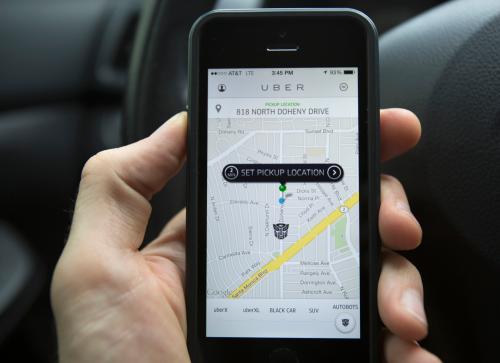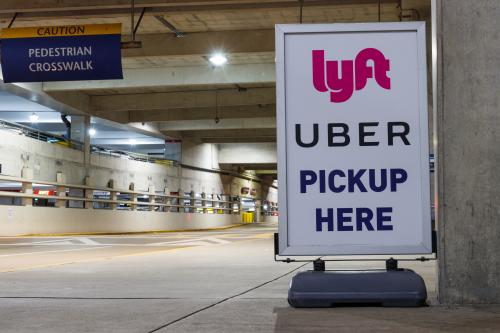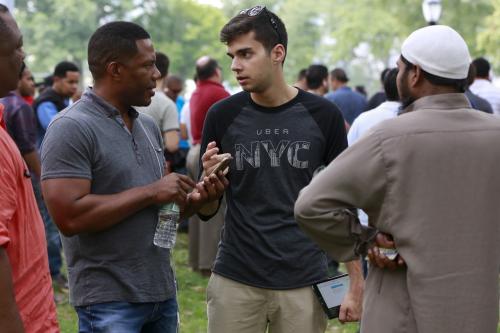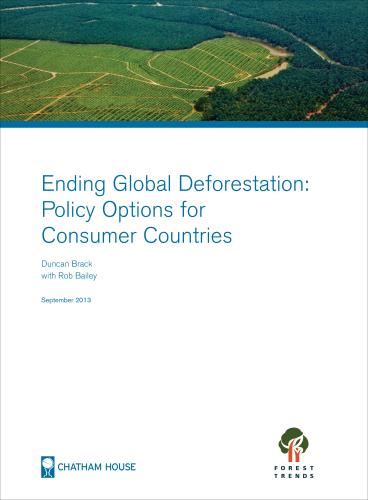This post originally appeared on Real Clear Markets on March 21, 2017.
Today’s regulators must react to fast-paced technological change like ridesharing services offered by Uber and Lyft. These regulators are making decisions that will likely have a big impact on the pace and direction of innovation. If they are not careful, their policy interventions could hurt both the economy and consumers.
For example, earlier this month, Uber lost a court battle in the UK that would require London cabbies to pass an English test. Lawyers for Uber argued the language requirement would cause 33,000 existing drivers to lose their livelihoods, and that the rule is excessive. In contrast, Mayor Sadiq Kahn reported he was “delighted” that his plans to “drive up standards and improve passenger safety in London” will now be implemented. He further noted that “drivers being able to speak English and understand information from passengers and licensing requirements is a vital part of ensuring passengers get the high standard of service they need and deserve.”
But just how vital is forcing prospective drivers to take an English test or any language test for that matter for improving passenger service and safety? We can answer this question by appealing to economics, something we suspect the government did not do. There are two key economic questions: What are the additional economic benefits that Uber drivers provide their passengers? And what costs, say in terms of safety, might Uber drivers impose on the system that may not be accounted for in the price of a ride?
Let’s take these questions in reverse order because costs are easier to address than benefits. The critics of the alleged poor English of some Uber drivers suggest, among other things, that these drivers may jeopardize public safety. It’s not clear why faltering English would lead to accidents, but if it did, you can bet that insurance companies would be paying attention to that risk, and raising their rates.
People, and politicians, are beginning to accept that ridesharing services are here to stay—precisely because they provide substantial benefits to consumers that exceed the cost of those services.
That leaves the question of benefits. Few people would argue that ridesharing services do not benefit their customers. The question is how large are these benefits. There is reason to believe the potential benefits from using ridesharing services are significant because otherwise travelers would not use them and those services could not finance their operations. These benefits include convenience, availability, price, and sometimes even safety.
We were part of a research team that investigated the benefits that Uber passengers received in the year 2015 in four large cities in the United States (New York, LA, Chicago and San Francisco). Using almost 50 million individual-level observations and some fancy statistical analysis, we estimate that Uber’s basic service generated about $2.9 billion in annual consumer benefits in those cities. Back-of-the-envelope calculations suggest that the total benefits for all U.S. consumers of ridersharing services in 2015 were $6.8 billion. That’s a big number for two reasons: (1)it would likely dwarf any potential losses to drivers of “regular” cabs and owners of existing taxis. For each $1 spent, a consumer gets an average of about $1.60 in benefits—an average return on “investment” of 160%; and (2) it approaches the benefits that U.S. travelers get from urban bus and rail transit without requiring huge subsidies. This suggests that Uber is a big net plus for society, at least for U.S. customers.
Introducing competition from ridesharing services can also encourage taxis to improve their service. A study of New York and Chicago taxis found that as Uber grew more popular, consumer complaints to regulators about taxis, such as those about air conditioning and broken credit card machines, went down.
Finally, there is the issue of the English test itself: there is an elegant solution to this problem that offers better information – the driver rating system that firms like Uber and Lyft have introduced on their apps available on all smart phones. Any customer can penalize a driver (and say why) by not giving them a five-star rating. We conjecture that drivers who have English issues will, on average, get lower star ratings from customers, and eventually be asked to leave by Uber or similar services. The point is that the market is quite capable of sorting this language problem, if it is really a problem. Indeed, the market has also helped sort another potential safety problem by allowing drivers to rate customers with their app, so the bad apples can be weeded out on both sides of the market. Most importantly, it is likely that ridesharing services, even provided by drivers who speak poor English, are improving auto safety by enabling intoxicated individuals to use those services instead of getting behind the wheel themselves.
People, and politicians, are beginning to accept that ridesharing services are here to stay—precisely because they provide substantial benefits to consumers that exceed the cost of those services. We think these remarkable innovations represent the tip of the iceberg as, for example, society moves to the brave new world of autonomous vehicles where many travelers could forego owning a vehicle and exclusively use ridesharing services. The challenge in moving to this world is not to impede the revolutionary innovation while taking appropriate measures to ensure safety.
To be clear, we are not saying that disruptive technologies do not generate social costs that could be reduced by thoughtful regulation. We are saying that regulation should be based on evidence and sound economics, so that citizens can enjoy the benefits of breakthrough innovations that are coming sooner than most of us can imagine.
Hahn and Metcalfe were part of a research team with two Uber employees that analyzed Uber data but they did not receive financial support from any firm or person for this article or from any firm or person with a financial or political interest in this article, and they are currently not an officer, director, or board member of any organization with an interest in this article.
The Brookings Institution is committed to quality, independence, and impact.
We are supported by a diverse array of funders. In line with our values and policies, each Brookings publication represents the sole views of its author(s).










Commentary
Op-edHow not to regulate the new economy
March 21, 2017